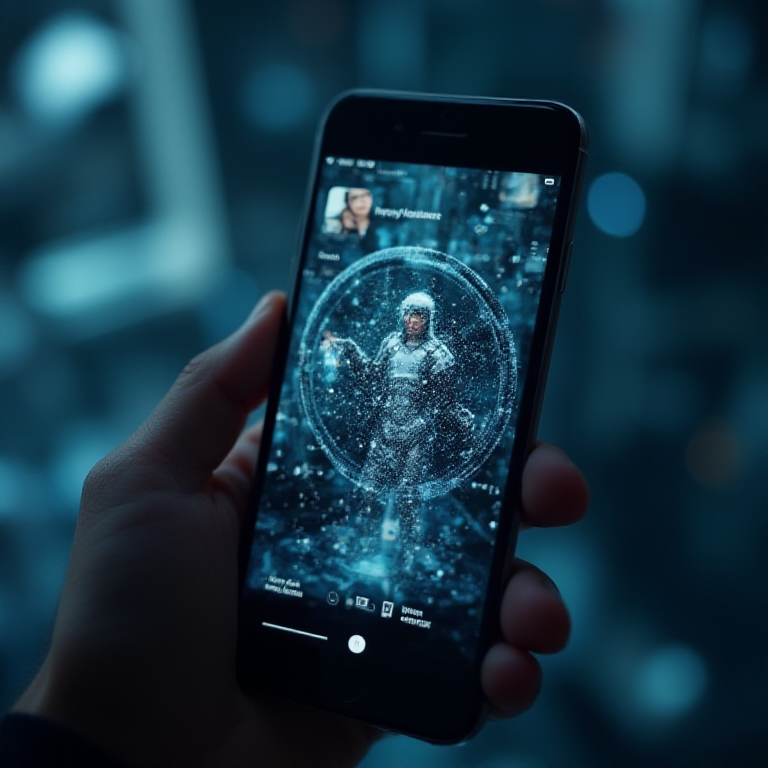Facebook Tests Meta AI on Private Camera Roll Photos: What You Should Know
Facebook’s parent company, Meta, has begun testing a powerful new feature that allows its AI assistant to access and analyze photos from users’ private camera rolls. This development raises both exciting possibilities and serious concerns about user privacy and data security.
What Is Meta AI and Why Is It Important?
Meta AI is an advanced artificial intelligence assistant designed to enhance user experiences across Meta’s platforms, including Facebook, Instagram, and WhatsApp. It leverages large language models (LLMs) and image recognition technology to provide contextual suggestions, search functionality, and image analysis. This includes potential Meta AI camera roll access, allowing for more personalized interactions.
In this recent test, Meta AI is being trained to interact directly with users’ private image libraries. It can answer questions about the content of photos, locate specific images, or even summarize what’s in your gallery.
🔗 Source: MSN News on Meta AI Testing
How the Feature Works
During the test phase, selected users were able to ask Meta AI questions such as:
- “When did I last take a photo of my dog?”
- “Find pictures from our trip to Tagaytay.”
- “Show photos of receipts from this month.”
Meta AI then scans photo metadata and visual content to provide relevant results. This form of contextual AI integration aims to make image management easier—but not without raising flags about Meta AI gaining camera roll access.
Privacy Implications and Concerns
The move to allow an AI assistant to scan private camera rolls is controversial. While the feature is opt-in only, many privacy advocates are skeptical. Allowing Meta’s servers or local apps to process personal images, even if encrypted or anonymized, introduces risks:
- Data misuse
- Increased surveillance
- Accidental content exposure
It’s critical that Meta maintains transparency on how the data is stored, processed, and whether any of it is shared with third parties, especially considering the implications of Meta AI’s access to camera rolls.
For more on how AI is influencing digital privacy, check out:
🔗 Electronic Frontier Foundation on AI and Privacy
What It Means for Everyday Users
If Meta AI gets fully integrated into your gallery experience, it could become a smart assistant that helps you:
- Search photos faster
- Detect duplicates
- Auto-organize albums
- Highlight moments based on context (e.g., events, faces, pets)
But users must balance convenience with caution. Before enabling this feature, review your device’s permission settings and Meta’s updated privacy policies. The possibility of AI having camera roll access necessitates a careful examination of settings.
The Future of AI in Personal Media
The test rollout signals a broader shift in how AI tools will be embedded into our daily digital ecosystems. From personalized AI search to generative media suggestions, the line between private and public data continues to blur with features like Meta AI gaining camera roll access.
Meta is positioning itself as a pioneer in AI-powered social interaction, but users should remain vigilant, informed, and proactive.
Conclusion
Meta’s new AI tool for accessing private camera roll photos showcases both innovation and controversy. While the functionality promises better image organization and AI assistance, users must weigh the trade-off between convenience and control over their data, especially with Meta AI introduced camera roll access.
Stay updated, and always review app permissions before enabling experimental features.




Comments are closed